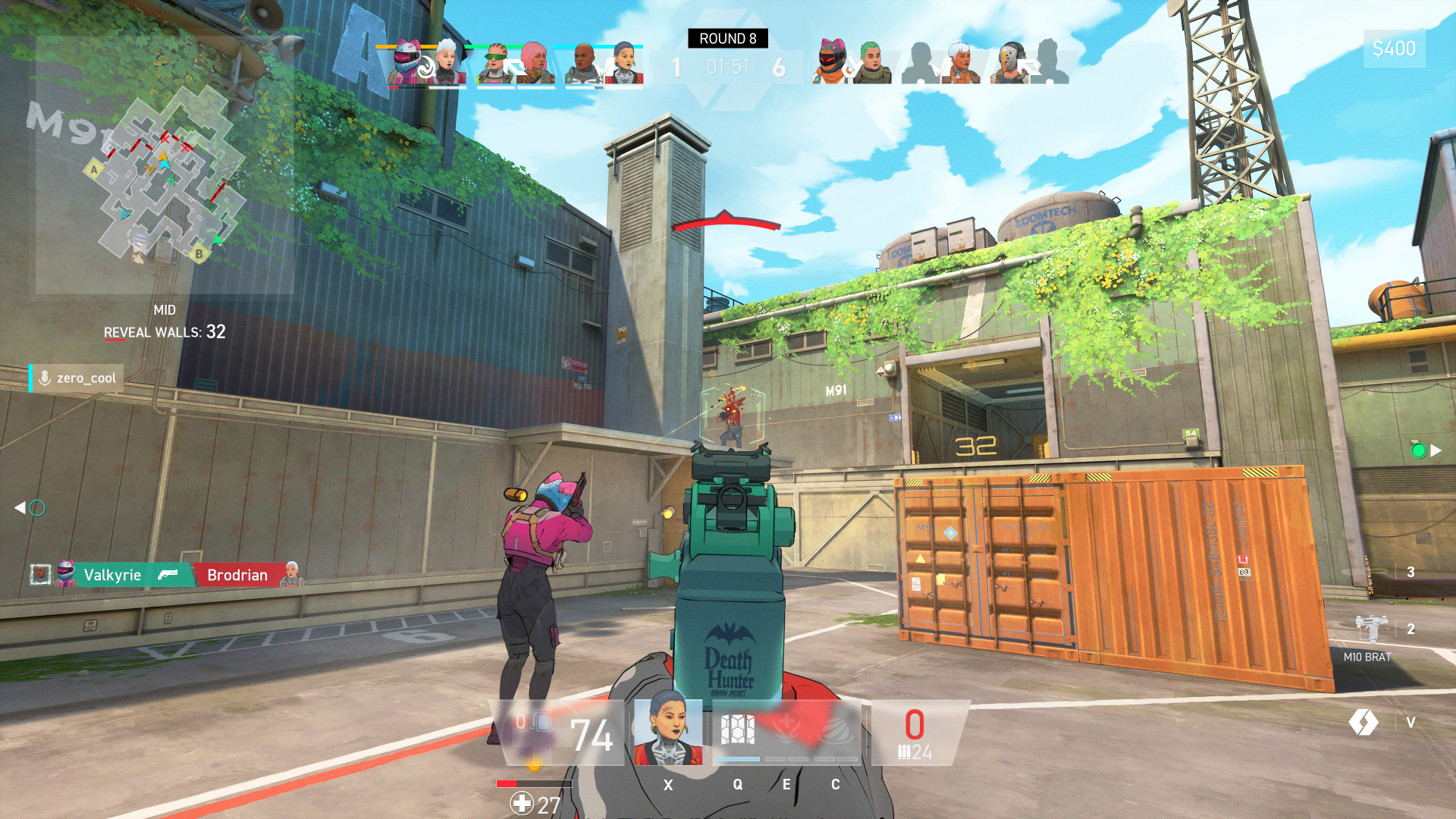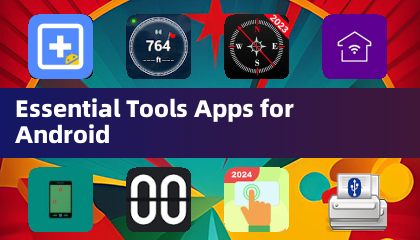If you're a fan of classic first-person shooters, you might find Microsoft's latest project intriguing—or perhaps unsettling. The tech giant has crafted an AI-driven "interactive space" inspired by Quake II, sparking heated discussions across the gaming community. As noted by PC Gamer, this demo leverages Microsoft's Muse and WHAM (World and Human Action Model) AI systems to generate gameplay visuals and simulate player behavior in real time. In essence, it creates a semi-playable environment purely through AI, bypassing traditional game engines.
According to Microsoft, this tech demo showcases how Copilot dynamically generates Quake II-inspired sequences based on user inputs. Each action triggers the next AI-created moment, creating what feels like a seamless experience. The company emphasizes its potential, inviting feedback to guide future AI-powered gaming innovations.
However, reactions have been mixed. Following a brief demonstration shared by Geoff Keighley on X/Twitter, many expressed skepticism. One Redditor voiced concerns about the future of gaming, fearing that reliance on AI-generated content could diminish creativity and replace human talent. Another highlighted doubts about the current technology's ability to handle complex gameplay mechanics, suggesting it remains suitable only for early-stage prototyping.
Not everyone shares such pessimism. Some respondents appreciated the demo as a proof-of-concept, acknowledging its potential to inspire innovation in other industries. Epic Games' Tim Sweeney chimed in with his own thoughts, reflecting on the broader implications of AI in gaming.
This development arrives amidst a volatile landscape for the gaming industry, marked by layoffs and debates over ethics and quality. While some studios, like Activision, have integrated AI into their workflows, others remain cautious. The controversy surrounding AI-generated content continues to evolve, with voices from both sides weighing in on its impact on creativity and consumer satisfaction.






























